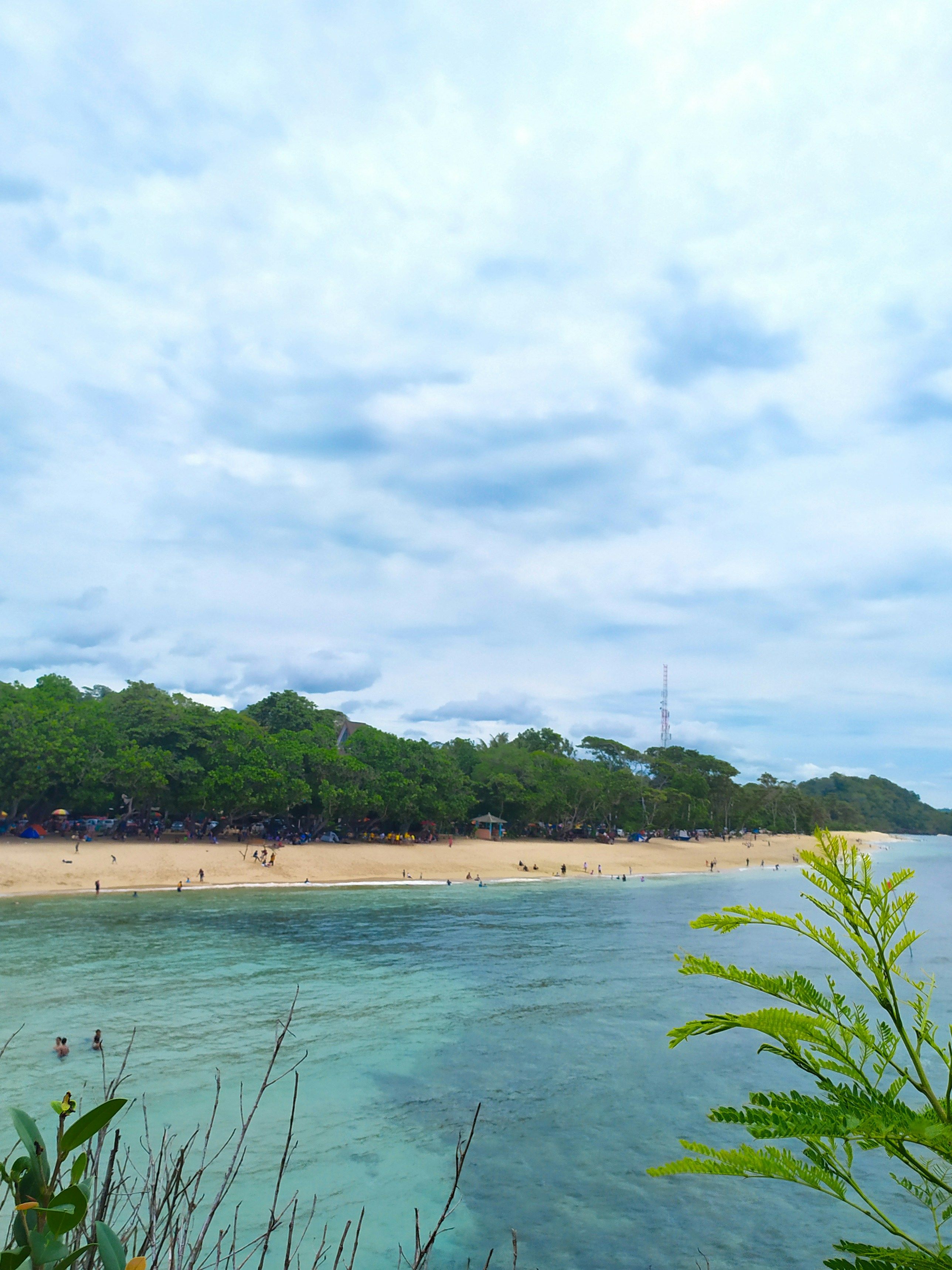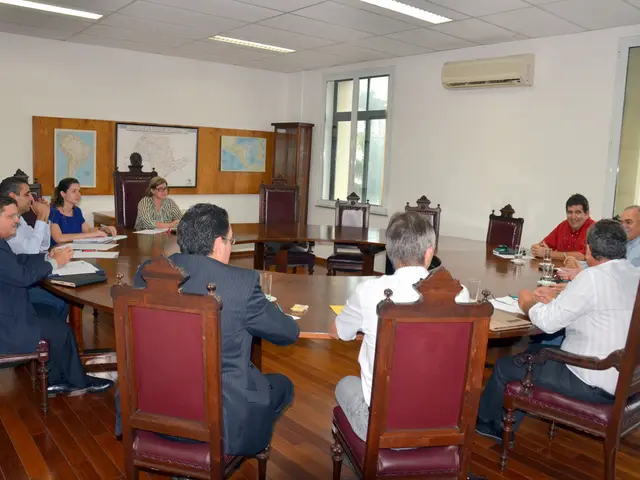Kurdish PKK Announces Disbandment, End to Turkey's Long-standing Insurgency According to PKK-Affiliated Organization
Fresh Take:
Kurdish Rebels Call It Quits
In a shocking turn of events, the Kurdistan Workers Party (PKK), a militant group embroiled in a brutal, four-decade-long conflict with Turkey, has decided to disarm and cease hostilities. This move could have sweeping political and security repercussions across the region, particularly in neighboring Iraq and Syria.
The PKK's decision to lay down their arms comes after a call from their imprisoned leader, Abdullah Ocalan, made back in February. The group's 12th congress, held recently in northern Iraq, saw the PKK agree to the dissolution of their organizational structure and the end of their armed struggle.
"The war is over," the PKK declared, according to Firat news agency, which published supposed excerpts from the congress' closing statement. The group claimed their struggle had opened the way for a solution to the Kurdish issue through democratic politics.
This development could offer Turkish President Recep Tayyip Erdogan the chance to escalate economic development in the country's Kurdish-majority southeast, an area long hampered by conflict.
Omer Celik, a spokesperson for Erdogan's ruling AK Party, welcomed the PKK's decision, calling it an "important step toward a terror-free Turkey." The Turkish foreign ministry, however, remained silent on the matter, expectedly so.
The financial markets reacted positively to the news, with the Turkish lira remaining steady and the main share index seeing a 2.4% rise. However, skepticism lingers given the history of intermittent peace talks and their failure in the past.
The repercussions of the PKK's decision will be far-reaching, impacting not just Turkey, but also Iraq and Syria. Potential political consequences include a shift in Kurdish political strategies, the integration of Kurdish forces in Syria, and regional stabilization. Security concerns could arise from power vacuums, continued Turkish military operations, and the complexity of reintegrating former PKK fighters into society. On the economic front, there's hope for development in conflict-affected regions, while social reconciliation between Kurdish communities and their host countries may be possible depending on the political and legal frameworks in place.
There's much to unpack as the world watches and waits to see the full extent of the PKK's transitional phase and the regional response to this momentous decision.
Insights:
As the PKK disbands, potential political consequences include a shift in Kurdish strategies, increased integration of Kurdish forces in Syria, and regional stabilization. Security challenges may arise from power vacuums, continued Turkish military operations, and reintegration difficulties. Economic development in affected regions and social reconciliation between Kurdish communities and their host countries are areas of hope, provided adequate political and legal frameworks are in place.
Recommended:
Vatican Rises: Pope Leo XIV advocates for peace and freedom of the press in his groundbreaking first news briefing.
Trade Truce: US and China agree to slash reciprocal tariffs, making a significant stride toward easing their trade war.
In light of the PKK's disarmament and ceasefire, the Vatican's new Pope Leo XIV has seized the opportunity to address regional conflicts, advocating for peace and the freedom of the press in his groundbreaking first news briefing. Meanwhile, the US and China have reached an agreement to slash reciprocal tariffs, marking a significant stride toward easing their trade war amid global economic instability caused by war-and-conflicts and political uncertainties, including the ongoing situation in the Middle East.








